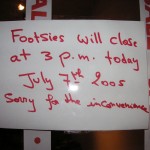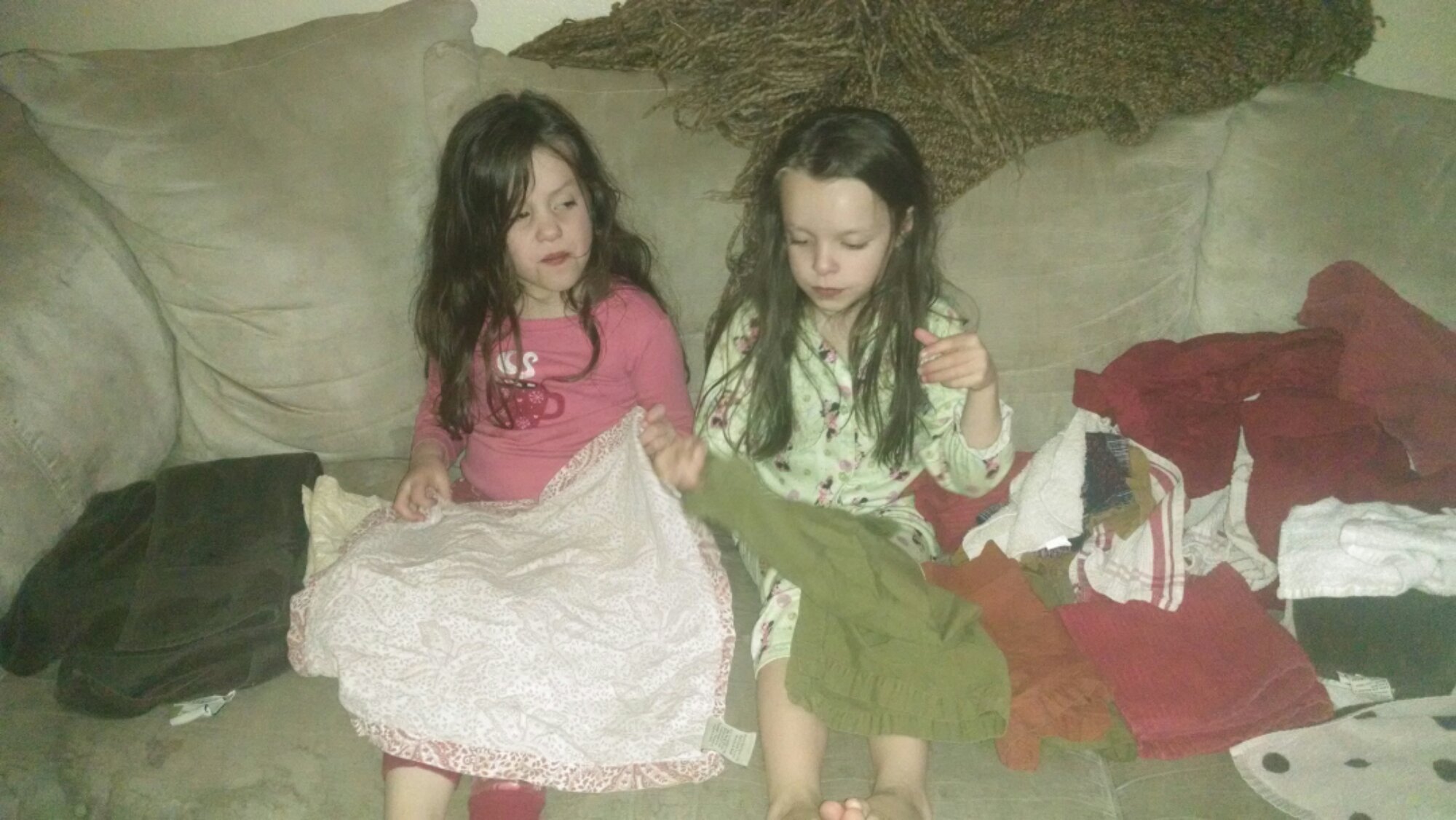When the populous understands a wrong as been committed against another, the desire for justice or avenge, would be acted upon, but not exclusively. A bereaved group within the populous should not merely seek a single retribution, but target the policy and policy makers, to enact lasting, cultural change.
In a democratic republic, the populous (save women, renters, illiterate, felons and juveniles) have the authority to elect representatives (who are called to carry out the desires of the majority). Because the voting populous is a minority of a given community, a motivated group can have representation outside of mere numbers. Persuasion, especially in cases of a bereaved minority, can be used powerfully to move the majority or other minorities to a single side for change.
Seeking change through protest, does not enact change within a democratic republic. Publicity through protest, for persuasion purposes, is also not effective as it tends to polarize public opinion or not gather the attention from those who could be changed.
When representatives of the voting majority and policies enacted by those representatives are understood to either cause a wrong or useless to prevent it, it is proper and right for change to take place through election of new representatives and thus policies.
An active and practical example of a bereaved group are those motivated to protest by the death of Andy Lopez; a juvenile killed by deputies of an elected representative (sheriff), acting in accordance with policies set by the representative. The populous also elected a representative (District Attorney) to put before a judge and jury violators of the laws and policies of the community. Because the killing occurred within the guidelines of a policy set forth by the elected representative avenge or retribution will not take place in this case, but change can. Changing representatives and policies to prevent future killings of this order are not only possible, but preferable by all parties involve and to the community in general.
Policies for preventing gun violence have successfully been put in place in other communities, The bottom-up approach from elected representatives starts with the Superintendent of Schools, who could have a policy of firearm education. Educating juveniles on safe handling (or no handling), on tactically what constitutes a threat (brandishing, pointing barrel, etc), on physics, deadliness and explosive power of ammunition and finally community laws associated with owning, possessing, and transporting firearms of all calibers. The policies of a Sheriff determine how deputies carry, brandish and discharge firearms and less-lethals in accordance with public safety. When approaching others in the community with firearms, in order to deescalate and preserve life and hold no one life greater then another, can be set by the elected representative. And finally, an elected lawyer, the District Attorney to guard the policies and laws in this community in order that the voting majority may know justice is blind and balanced.
For all the energy of the motivated minority seems to have been expended in protest and not change, when the bereaved does not even put forth a candidate to represent them, (sheriff was reelected unopposed) there is a disconnect. Either the populous does not understand the power they possess in this democratic republic or change was not something desired.



















